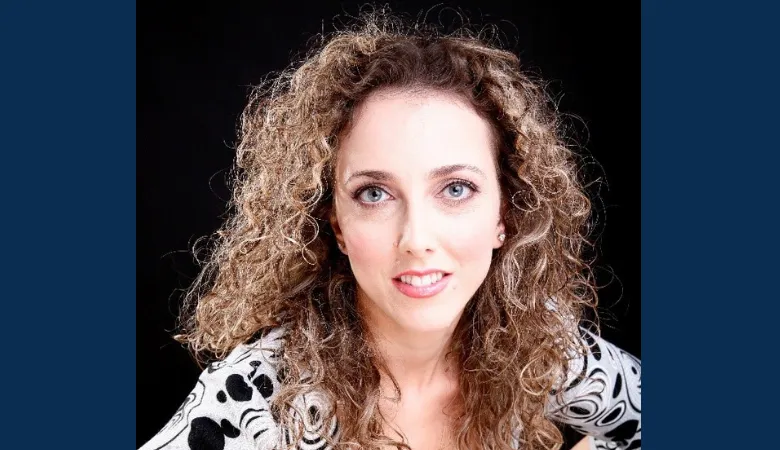08 March 2019
#WomenOfKings - Elena Nikiphorou
Celebrating and elevating King’s women for International Women's Day.

It's International Women's Day on Friday 8 March – a global day celebrating the social, economic, cultural and political achievements of women. This year's theme is Balance for Better, which calls for a more gender-balanced society. From the board room to the government, media coverage to employment, gender balance is essential for economies and communities to thrive.
To celebrate International Women's Day, we spoke to women from the Faculty of Life Science & Medicine King's about their careers, inspirations and what drives them.
"Research in this field could help make a massive difference to people living with inflammatory arthritis"
Dr Elena Nikiphorou is a Rheumatology Consultant in the School of Immunology & Microbial Sciences. Elena recently was awarded the Doris Hillier grant by the BMA Foundation for Medical Research - to view a recent interview about her research and this award here.
What are you proudest of in your career?
The fact that I have achieved key academic milestones and built strong collaborative networks through persistent, dedicated and hard work while on a very clinical path and without fear or hesitation to explore academia outside the UK.
Why did you decide to go into this field of study/research/work? What would you tell women who want to study in your field?
I study predictors and outcomes of inflammatory arthritis, with a specific interest in comorbidities and social factors that influence disease. I chose this field as it is directly relevant to my clinical practice and the people I care for. Research in this field could help make a massive difference to people living with inflammatory arthritis but also more broadly those living with rheumatic and musculoskeletal diseases (RMDs), with the potential to improve their outcomes and quality of life. I would therefore strongly recommend anyone with an interest, to consider work in this field.
Who or what made you want to work in this field? How has your field changed since you started, and where do you see it going in the future?
I consider myself lucky to have come across truly inspiring people, who have encouraged me to pursue my clinical and academic career path in a way that felt right and genuine to me. Some of these people are not just mentors and great colleagues, they have also become very good friends. These friendships, I will cherish for life. There have been significant improvements in the field of RMDs and I believe that at least some of our team’s work has been influential in this respect, gaining global attention through social media and other channels. I hope to continue to build on what I have started and shape my future career path in a way that allows me to continue to make a difference to people with RMDs.
